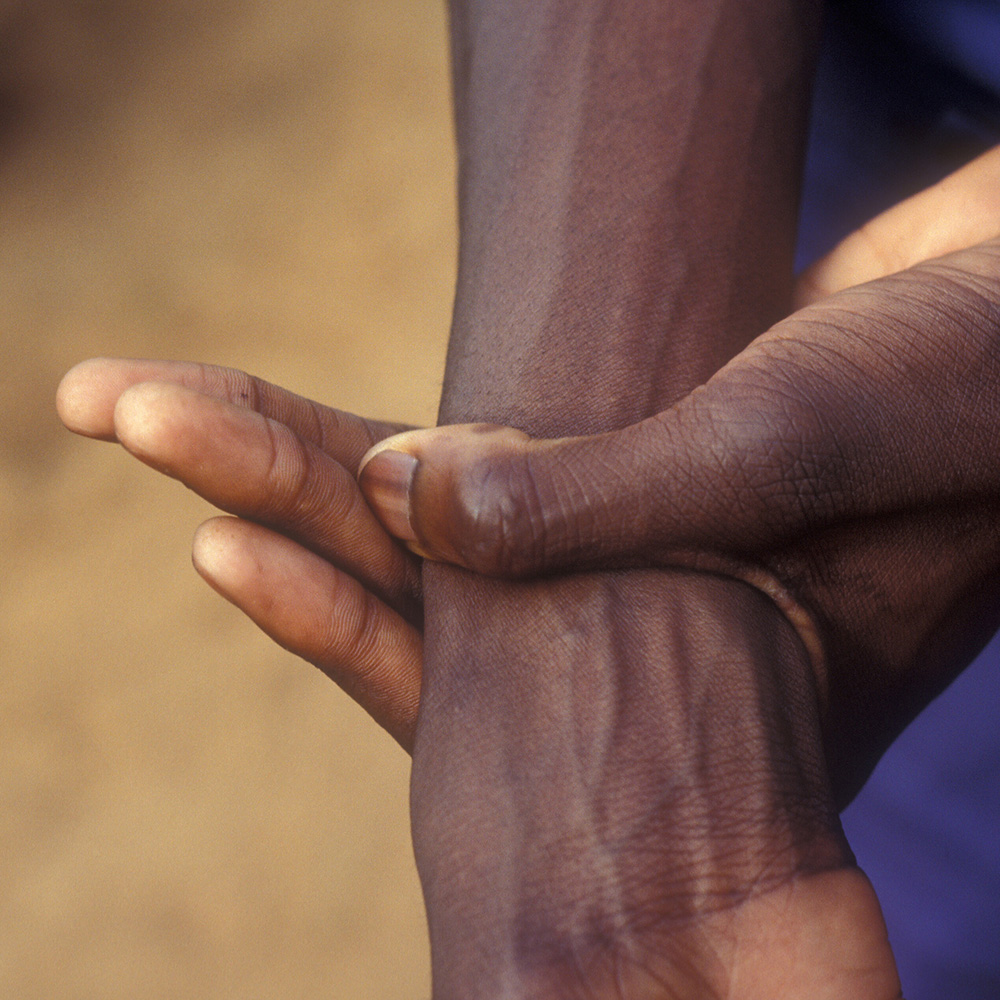
I often share links on Twitter, but without the context I’d love to give to each one. A few recent stories of the power of peer connection around health and well-being:
Washington Post: Butterfly babies : A rare disease makes these young girls’ skin break and peel at the slightest touch, like a butterfly’s wings
As Heather and Kevin learned the day their daughter was born, most medical professionals know almost nothing about EB. It was the folks from DEBRA, an organization for parents of EB children, who shared useful insights. The group sent the family a giant box of supplies — the ones from the hospital were actually damaging the baby’s skin — and the director, Brett Kopelan, spoke to them by phone. Kopelan coined the phrase “the worst disease you’ve never heard of” nine years ago, when his own daughter was diagnosed. “He said, ‘It’s going to be tough,’ ” Kevin recalled. “So toughen up. But you’ll be able to get through it.”
That was the most solace Kopelan could offer. And Heather cried upon hearing it.
NPR: India’s Community Approach to Depression Tackles Treatment Shortages
VIKRAM PATEL: They’ve never experienced counseling. They have no idea why a talking treatment should work.
SILBERNER: Patel says what makes an otherwise reluctant population willing to accept therapy is that it comes from local counselors who have a knowledge of local customs.
PATEL: They come from the same class. They come from the same community. They speak the same dialect. And so they have an identification with their patients.
Vela: SuperBabies Don’t Cry
One month past her first birthday, my husband and I brought Fiona to a conference for people with her syndrome. We saw children who used walkers and children who ran past us. We saw adults who sat in wheelchairs and adults who scooted on their butts…
In that moment, a new idea presented itself to me: Perhaps the point of life was not to achieve some kind of perfection. Perhaps illness was an integral part of life’s dance. Perhaps fragility was built into our very design. Perhaps fragility was also strength. Through the neutral lens of science, my kid’s genetic deletion was a product of diversity, and who could be upset about that?
That night I danced to a live funk band with my daughter’s peers, sweating fiercely on a dance floor, holding the hands of a grown woman several inches shorter than me, a woman who didn’t speak words but had an excellent sense of rhythm.
I’ve also been spending time on Flickr and YouTube, looking at the ways community can spring up around an image or a video. For example, the featured image for this post is of someone with Marfan syndrome, characterized by very long fingers and limbs, captured by Clare Gilbert of the International Centre for Eye Health in London. To see more images, check out the National Marfan Foundation’s collection, “What Does Marfan Syndrome Look Like?”
What are you reading, listening to, watching? Please share in the comments!
You asked what we are doing community-wise, and the longtime forum leader in me feels compelled to share a very cool tool. It is the slickest digital community platform I have seen since the good ole days of CompuServe and AOL which used to have the most substantive and stickiest digital tribes ever seen before or since.
This new tool, an open-source platform found at Discourse.org brings back a number of features I thought I would never see again (e.g. A list of every thread you have posted to, sorted by the most recent activity date), updated and enhanced by rich text fully formatted editing for sharing web snips and pics, a vertical timeline on the side of every post that tells you how deep and how dated the whole topic is, plus email copies of topics you like (reply from InBox too) and very rich personal profile tools too, to facilitate personal networking.
I am seeing it almost daily for a MOOC I am in and meeting cool people easily left and right, so had to share when this post and its query came in!
Cheers and all best from Carla B. ;->
Thanks, Carla! That tool sounds amazing! I too remember those Compuserve and AOL communities and the logic (and therefore comfort) of their forums. You could actually find the thread you needed, when you needed it.
The communities were also filled with early adopters — I wonder if that’s another reason why they were so sticky? These were people who’d hacked through Usenet, who were dialing in on modems — they REALLY wanted to connect.
>> The communities were also filled with early adopters — I wonder if that’s another reason why they were so sticky? These were people who’d hacked through Usenet, who were dialing in on modems — they REALLY wanted to connect. <<
Agreed, but I don't think it was just about early adopting and novelty (although there is clearly a fire-kindling subset who are especially drawn to new beginnings, almost addictively). What has been most magnetic for me over 3 decades is learning things and meeting people I would never otherwise never known, speaking with them directly and up close. In short, the relationships that can kindle and last and often do, even now, still today.